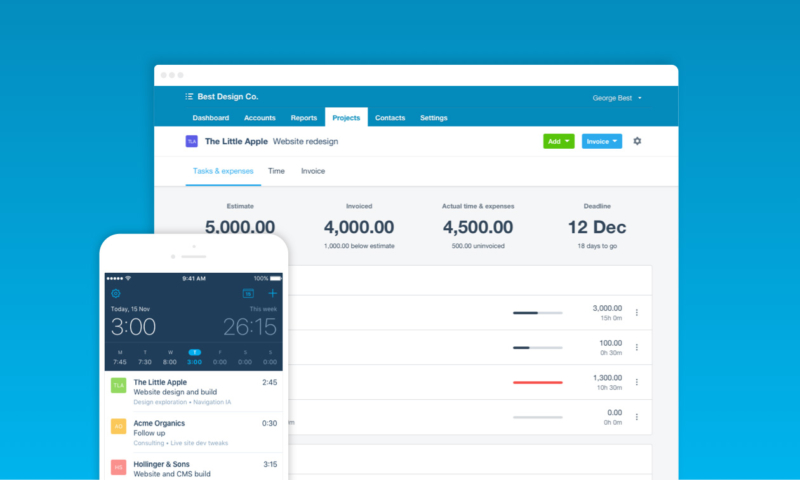Running a small business is hard work. Entrepreneurs know they have to put in long days and give up personal time in pursuit of success. There’s a line, however, between putting in some extra time and becoming addicted to work, and it’s important to know the difference between them.
Being addicted to work—sometimes referred to as being a “workaholic”—can have serious negative consequences for your personal life and your health. Figuring out when you’ve crossed the line and taking steps to gain control over your work life-balance are vital to maintaining a healthy lifestyle.
Here are three signs you’re addicted to work.

1. You work far more than you intended to
Most people have occasional days where they get caught up in work or a project keeps them at the office hours after they should have been home. That’s part of working. The problem is when those become the norm for you, when you’re frequently working 12- to 16-hour days and only going home long enough to sleep and grab a bite to eat.
Even if you have a bit more time than that at home, if you intended to work 40-50 hours a week and you routinely hit more than that, you may need to take a step back from work and enforce a 40-hour work week.
Ask yourself:
-
How many hours should I reasonably work at this business?
-
Am I frequently working more than that?
2. Your health is suffering
If you are showing physical signs of stress, or if you are generally more unwell than in the past, it’s possible that you’re working too much. It may seem like a good idea to put in all the hours you can to make your business successful, but the consequences of poor health can be devastating for your company.
Your decision-making skills may suffer. You may find yourself unable to complete required job duties. You might miss important details, such as vital payments that are due. All have a negative effect on your organization.
Working to the point of being sick is not a sound business strategy. You need time away from work to rest and recover, and give yourself something else to focus on.
Ask yourself:
-
Do I generally feel healthy and energetic?
-
Am I sleeping well? If not, you might need time away from the job.

3. You constantly cancel on people because of work
Unless your small business involves actual life-and-death scenarios, there’s no need to constantly cancel on your friends and family for “work emergencies.” Sure, they can happen once in a while. You might have an important deadline with a client or an urgent phone call with a supplier that pulls you away from your plans.
If you frequently cancel engagements with your friends and family—and if they’ve started complaining about it—there’s a chance you’ve become addicted to work.
Ask yourself:
-
How many times in the past month have I had to cancel plans for something work-related that wasn’t actually urgent?
-
If it’s more than a couple of times, you might need to rethink your work/life balance.
Final thoughts
Running a small business requires a lot of you, but becoming addicted to work increases the risk of burnout. Burnout can be catastrophic for a small business, especially if there is no one else to take over while you recover.
A better plan is to work only as much as you need to and to protect your personal time as much as possible. Listen to your body and the people around you when they tell you it’s time to stop. Enforce hard stops for workdays, after which you must go home. Hire a team that can handle your business while you’re not there, then trust them to do so.
Your business will be better for it, and so will you.
Got a question about your business? Get in touch with us.




